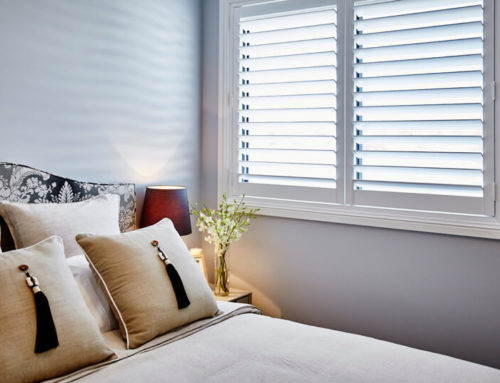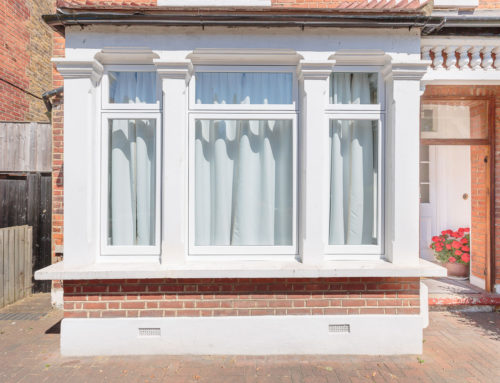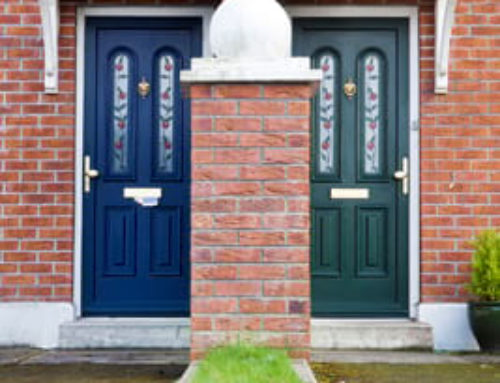
Take time to choose the windows for your house extension
Building an extension is an exciting task and, with the rapid rise of house prices in the UK, one that many homeowners are choosing to carry out. An extension is an excellent way to create more room within your home, without having to sell up and find a larger property and incur additional costs with legal fees and the dreaded stamp duty. Before you get preoccupied with how your extension’s going to look and feel, there are some important points to consider in the planning stage.
1. Your property’s ‘character’
A stunning extension is one that blends in effortlessly with the rest of the property. This means that it perfectly complements the original building’s colours and textures, and picks up on its distinctive stylistic features. Your extension needs to match the materials used in the rest of the house, so take time to identify the types of bricks used for the walls, the design of the roof, the style of the windows, and any unique architectural quirks.
2. The extension’s proposed function
Deciding on the intended use of your extension (e.g. whether it’s going to be a kitchen, living space or office) is an important part of determining its size and shape – as well as what features it’s going to require at a later stage. If it’s going to be a kitchen, for example, then you’ll need to arrange for electricity, plumbing and gas solutions to be installed, and you may consider installing glass doors to let the room connect beautifully with the garden.
3. Your planning rights
Owning your home doesn’t give you an automatic right to extend it. In the majority of cases (especially if you live in a conservation area), you’ll need to seek planning permission from the local authorities first. This depends on a number of factors; for example, if your extension is going to be higher than the tallest part of your roof, or if the ground area of your proposed extension is equivalent to half the total property area.
4. Which contractor you’re going to use
Finding contractors that you can trust to create each element of your dream extension (from building the structure through to fitting windows and doors) requires preparation, research and persistence. Put together a list of potential options, and then get in touch with each one to ask for quotes, references, certifications and information about their previous projects. Don’t rush into hiring contractors: find professionals you feel comfortable with. If you are looking to start planning your house extension then give our Surbiton window team a call.
5. Current legislation
Your new extension will need to comply with the government’s Building Regulations, which is a set of health and safety standards for things like security, energy conservation and damp proofing. Energy-efficient windows and doors are integral to government plans to reduce household energy wastage by 20 per cent, and can help you to lower your energy bills significantly, so these should be a significant consideration when planning your extension.
Here at Hamilton Windows, we can help you make your new extension as secure and energy-efficient as possible. Contact us today to find out more.






